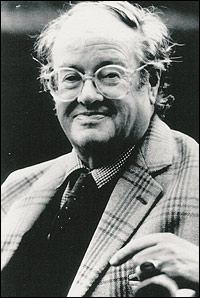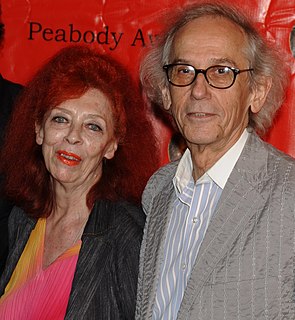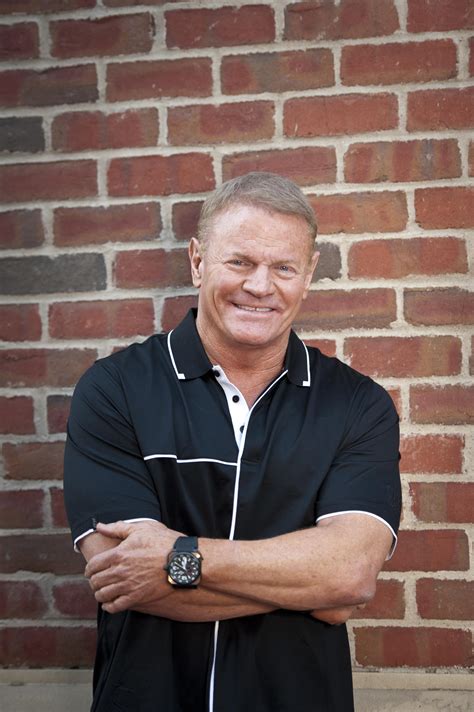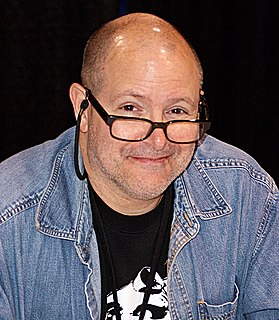A Quote by Christopher Moore
You know, a vampire book is not a book to be the vehicle for big themes and stuff, where sometimes when you're dealing with art or the life of Christ or the oeuvre of Shakespeare, you know, it's a little more ambitious.
Related Quotes
"The Diagnosis" is by far my most ambitious book. I such great hopes for it... there was so much I wanted to do with the book. I was extremely insecure about it for several years. Just didn't know whether I would finish the book much less for it to come close to what I intended. I think that for any novel you never know exactly how the book is going to turn out...
My father probably taught me everything I know, aside from dialogue, which I think I get from my mom a lot more. He certainly didn't teach me everything he knew, but you know he has got this book out called "The Spooky Art," which is essentially an advanced book on writing and it's not... You know it's not ABC, but it's for people who feel that bug and know that they're writers and are willing to put in that time alone. Pretty much the vast majority of what he taught me you can find in that book.
When we look at a painting, or hear a symphony, or read a book, and feel more Named, then, for us, that work is a work of Christian art. But to look at a work of art and then to make a judgment as to whether or not it is art, and whether or not it is Christian, is presumptuous. It is something we cannot know in any conclusive way. We can know only if it speaks within our own hearts, and leads us to living more deeply with Christ in God.
All morning I struggled with the sensation of stray wisps of one world seeping through the cracks of another. Do you know the feeling when you start reading a new book before the membrane of the last one has had time to close behind you? You leave the previous book with ideas and themes -- characters even -- caught in the fibers of your clothes, and when you open the new book, they are still with you.
You know, not every good book needs to be a movie, or a television series, or a video game. There's great work in those mediums, of course, but sometimes a book should remain a book. I still believe nothing tells a story with the richness and complexity of a good novel. When people say they think a book would make a good movie, they say this sometimes because, if it worked, they already saw all the images in the movie theatre that is in their brains. And sometimes that is the way it should stay.
You can't write a book if you've never read a book. And if you've read five books and you try to write a book, your book will mainly encompass the themes and the context of the five books you've read. Now, the more books you read, the more you can bring to a book when you decide to write one. So the more rap I learned, the more I was able to bring to rap when I decided to rap. But this was all subconscious.
I've always said if somebody wrote a book and they took their whole life to learn that knowledge in that book, why you won't just read that book to learn what they know? I have never seen anyone take a book combining Faith, personal Development and life stories that are just so practical and relatable to our own generation.
My daughter is reading various Young Adult vampire stuff, and I ask her, "Is there even a bad vampire in the story?" There's always a good vampire now, but do any of them sleep in coffins? And I would bring her down to my library and say, "Here's every classic vampire literature. There are coffins, there's this, there's that," you know? "When you get to the YA stuff, you may try some of this stuff just to see where it came from."






































